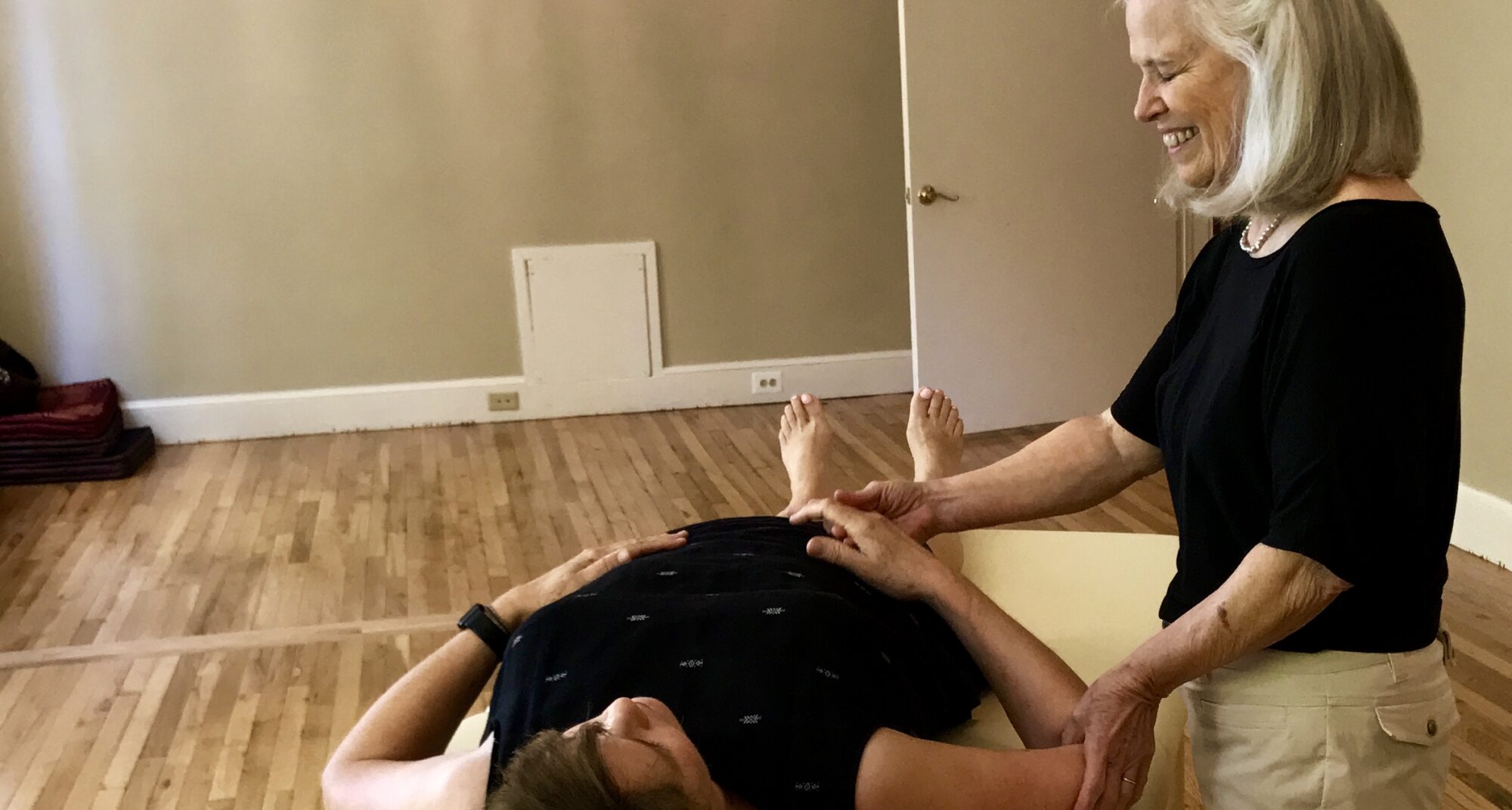When you talk to a musician you ask, “what is your instrument”, and if they say “I am a singer”, then their body is their instrument. But wait, we use our voice everyday, and does the tension we hold in our neck and shoulders affect how our voice comes out, whether raspy or hoarse, strained etc?
Before I started my path into how the body and thoughts are connected, I imagined anything that was important to my well being was in my head (brains you know!); I mean that is where are my senses are (no pun intended): eyes to see, ears to hear, tongue to taste, and voice to talk…however, I notice that when I lock my knees or tighten my arms and shoulders; it is very hard to breathe and therefore to speak (you know we speak and sing on our exhale). So how does that happen, well our voice box or larynx (pronounced Lar-rinks) is in our throat, and connected to many muscles and connective tissue that is connected to our jaw, our tongue, our neck and shoulder muscles, and if you looked at my last blog on tensegrity, you now understand that no muscle moves in isolation, locking our knees way below affects our voice; we are a matrix of bone and connective tissue working together.
Try this experiment: Say “ah” and as you are letting the air out to form the sound “ah”, lock your knees and what happens to the tone of the “ah”, unlock them and what does it sound like; pull your shoulders up to your ears, does that affect the “ah” sound. Fun to play around with!
 Working with Castleton Opera Singers
Working with Castleton Opera Singers
